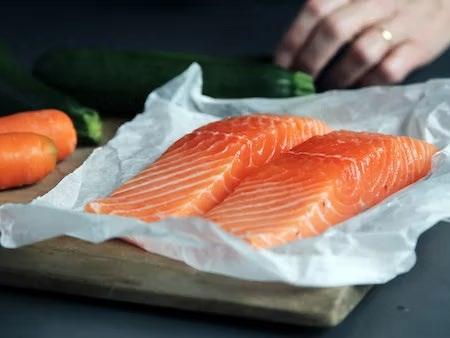
1 minute read
Sustainable Aims in Marine Agriculture: The Path to Stewardship
By Cath Isabedra
consumption. However, our oceans, as vast as they are, can also suffer. Unsustainable fishing practices, such as overfishing, destructive fishing methods, and bycatch, can deplete fish populations, damage marine habitats, and disrupt ecosystems.
Overfishing is a significant threat to the health of our oceans. Consuming a variety of seafood species, including lesser-known or underutilized fish, can help alleviate the pressure on popular fish stocks and contribute to biodiversity conservation.
In an era marked by environmental challenges and the pressing need for sustainable practices, marine agriculture, or aquaculture, holds great potential for addressing the increasing demand for seafood while protecting our oceans. However, achieving true sustainability in this field can take time and effort. It requires a comprehensive understanding of aquaculture’s goals and stakeholders’ collective responsibility to become stewards of the ocean and marine life.
Aims of Aquaculture: Balancing Ecology, Society, and Economy
With heightened conscious consumption, there has been a notable shift in seafood
According to the Norwegian Seafood Council (NSC), “The ocean could supply over six times more food than it does today (364 million metric tons of animal protein). This number represents over two-thirds of the edible meat that the FAO estimates will be needed to feed the future global population.
Sustainably expanding unfed aquaculture (i.e., aquaculture of species that do not depend on feed inputs for nutrition, such as bivalves and seaweed) can substantially increase nutritious food and feed with a lower impact on the marine environment. Low-income and food-deficit countries, as defined by FAO, depend more heavily on fish for their animal protein.
Furthermore, fish are particularly important in small island developing states in tropical regions, which are most vulnerable to climate change and suffer from weak fishery management and unsustainable aquaculture development. Improving fisheries management and aquaculture sustainability can pay large dividends to these countries in the form of food from the sea.









